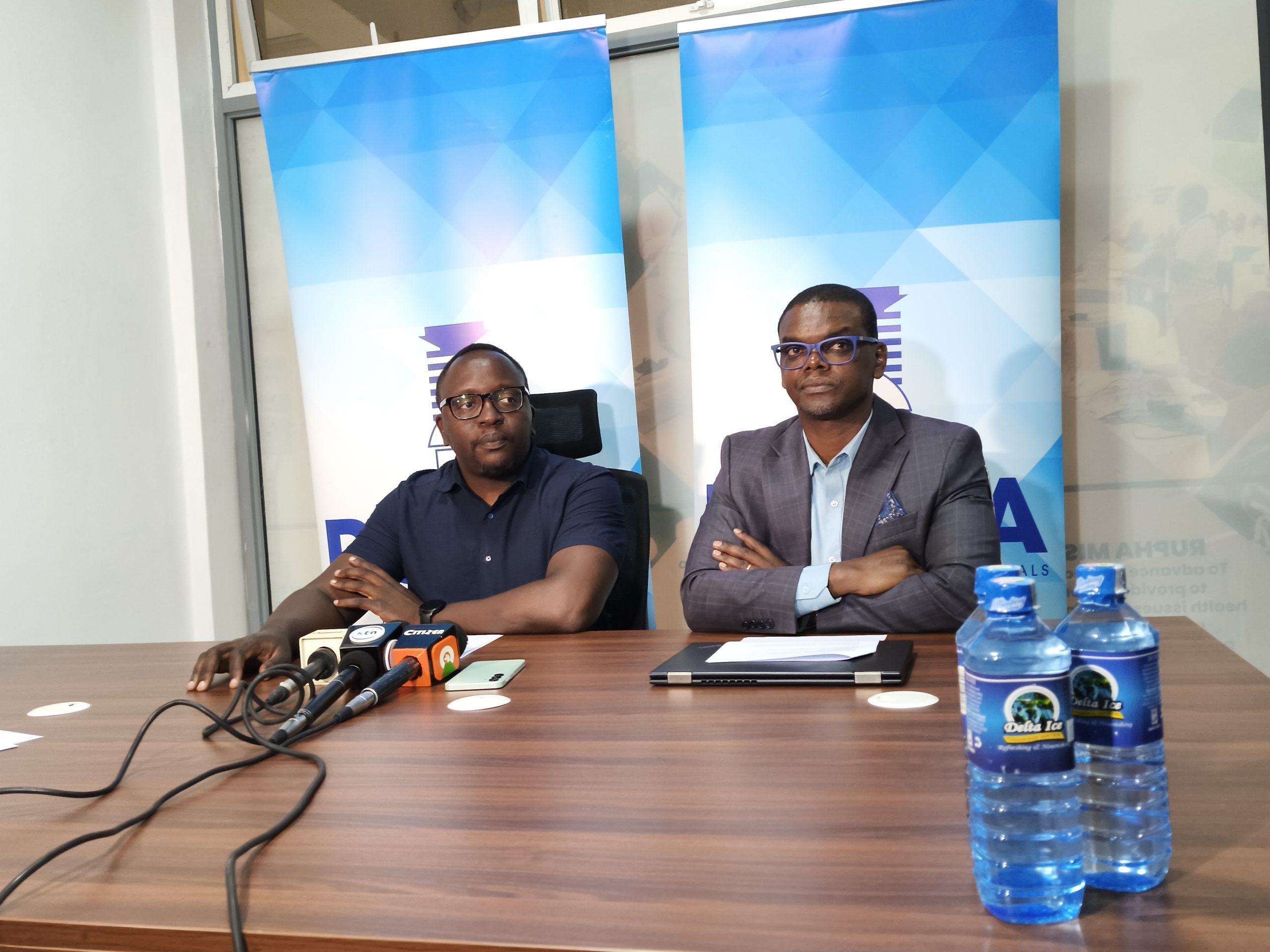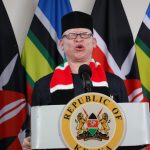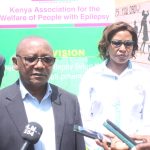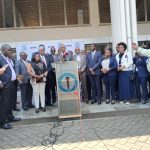(L–R) Rural Urban Private Hospitals Association (RUPHA) Chairman Dr. Brian Makamu Lishenga and Deputy Chairman Joseph Kariuki during a media briefing in Nairobi where they issued a 14-day ultimatum to the Social Health Authority over unpaid hospital claims.
By Peace Muthoka.
Nairobi, September 5, 2025 – The Rural Urban Private Hospitals Association (RUPHA) has issued a 14-day ultimatum to the Social Health Authority (SHA), warning that failure to settle mounting debts could cripple healthcare services across the country.
RUPHA Chairman Dr. Brian Makamu Lishenga said more than 700 facilities risk closure due to unpaid claims running into tens of billions. He cautioned that by December, many hospitals may no longer exist, leaving patients with limited access to treatment.
The association wants SHA to immediately settle all pending NHIF liabilities as directed by President William Ruto in March, pay at least half of the Sh43 billion owed within two weeks, and activate a claims clarification system on its portal. It is also pushing for the creation of a Dispute Resolution Tribunal and publication of all claims data, including amounts submitted, approved, and paid out.
Dr. Lishenga criticized what he described as the politicization of hospital debts, saying healthcare workers were unfairly branded as fraudsters and cartels. He noted that out of the Sh30 billion debt inherited from NHIF, 83 hospitals accounted for Sh15 billion, among them Kenyatta National Hospital, Moi Teaching and Referral Hospital, and Kenyatta University Teaching and Research Hospital.
“It is absurd to suggest these respected institutions are fraudulent. Verification can be done quickly and fairly without delaying payments or punishing patients,” he said.
According to RUPHA, the failure to release funds has already left hospitals unable to stock drugs, repair equipment, or retain motivated staff, with patients bearing the greatest burden.
The group also accused the Ministry of Health of weakening SHA by relegating it to a department within the Digital Health Agency. Dr. Lishenga argued that this has stripped the authority of its independence and created confusion in processing payments.
“We are speaking on behalf of patients who have no voice. They should not be turned away because there are no drugs, no working X-ray machines, or because biometric systems have collapsed. Every Kenyan life matters,” he stressed.










